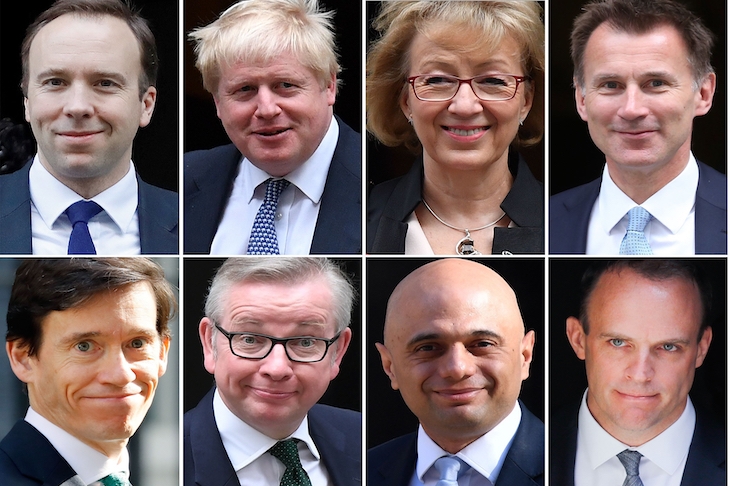Promising to protect Theresa May’s legacy isn’t really a feature of this Conservative leadership contest. That’s not just because so many of the candidates disagree about the type of Conservatism that they the outgoing Prime Minister espoused, but because she doesn’t really have much of a legacy to protect.
But one of the few reforms that May did introduce is under threat as a result of the upheaval in the party. The Domestic Abuse Bill is currently in draft form, despite there being apparently widespread support for its policies in parliament. Its publication in draft was delayed a number of times ‘because of Brexit’, which is the sort of excuse that any new Prime Minister could make as they delay it for another few years, too.
Domestic abuse charity Safe Lives is asking each of the 10 candidates to promise that they will continue the Bill if they become Prime Minister, and is arguing that the cost of not doing so is too great: the government’s own figures show that domestic abuse costs around £66 billion a year, with the police receiving 100 calls an hour relating to domestic abuse, and the health impact of this crime costs the NHS £2.3 billion.
Even though better protecting victims of domestic abuse sounds like the kind of thing any candidate would sign up to, it’s worth noting that the Bill itself contains material that some will find difficult. It will introduce the first legal definition of domestic abuse, and this will not just include physical violence, but the lesser-understood but equally damaging crimes of emotional abuse and financial abuse. The heart of domestic abuse is the control that a perpetrator exerts over their victim, rather than the means by which they do this.
We are only just beginning to acknowledge this, which is why the Sally Challen case has been so controversial. Challen killed her husband Richard in 2010, and was sentenced to life imprisonment for his murder. This conviction was then overturned when the Court of Appeal accepted that she had been a victim of coercive control and a retrial ordered. Some commentators have suggested that last week’s decision from the Crown Prosecution Service to accept Challen’s plea of manslaughter on the grounds of diminished responsibility, which led to her being freed, means she has somehow got away with the crime. But the reason Challen was freed was that she had already served the sentence. Others have argued that coercive control is so difficult to police that it will allow other killers to claim that their victims were the real criminals, and get off with their murders. Of course, just because a crime is difficult to police, doesn’t mean it shouldn’t be included in statute: rape is notoriously difficult to prove in a criminal court, but its status as an offence is not in question. The catalogue of controlling abuse that Challen suffered at the hands of her husband is quite obviously far beyond a ‘bad relationship’. But the controversy over what she endured shows that this legislation isn’t as straightforward as it might seem.
Beyond merely answering Safe Lives’ plea and promising to continue with the legislation, the candidates also need to set out how they won’t fall into the same trap as May did. As I explain in the latest Spectator, she used Brexit and then the tricky parliamentary arithmetic as an excuse for not pursuing much domestic policy at all. It would be very easy for the next Prime Minister to do the same, talking big about social injustices and the need to tackle them, before putting off any big decisions about how to do so for the entire duration of their premiership. Given the one thing that unites the candidates is their desire to be different to their predecessor, you’d expect that each would want to explain how they won’t make this same mistake.







Comments